During the occupation of Stara Basan in the Chernihiv Region in March 2022, the russians captured all the men from the house of 45-year-old Tamara Drobiyazko: two sons and a husband. Taken hostage, three civilians from one family survived terrible torture in their native village of Stara Basan, which was turned into a ghetto by the occupiers.
According to information from the Chernihiv Regional Prosecutor’s Office, a total of 1,086 criminal proceedings under Article 438 of the Penal Code (violation of the laws and customs of war) have been registered in the Chernihiv Region since February 24, 2022, and as of the first day of December 2023. This story is the story of one family among the thousands that survived the horrors of the occupation.
Houses where the doors were not opened were set on fire by the “liberators.”
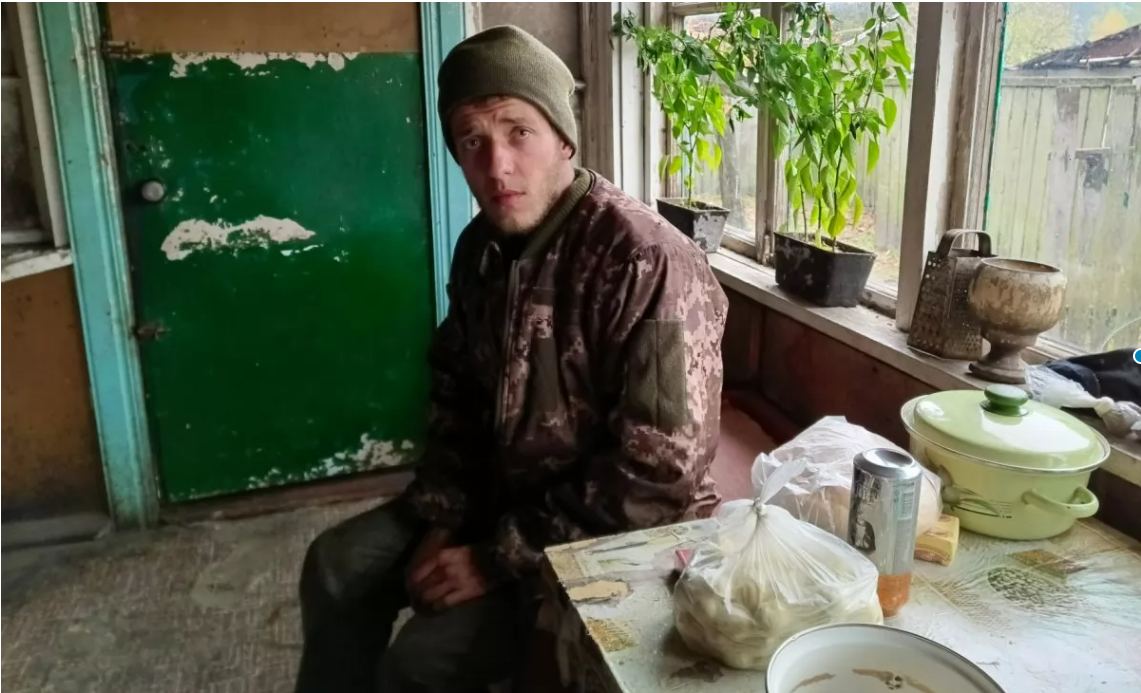
We are talking with the family a year and a half after the liberation of the village from the russian invaders. Tamara Drobiyazko is at home with her 23-year-old son Mykola and three-year-old daughter Kateryna. Mykola has just returned from the night shift and goes to work in the nearby village of Yaroslavka. He works as a handyman in an agricultural enterprise. The husband, Volodymyr Harbuza, is still at work. He works as a mechanic. 21-year-old Ivan, the younger son, went with his grandfather to the district center, to Bobrovytsia. All three then survived and returned home from captivity. Returned from hell…
Volodymyr Harbuza is Tamara‘s common-law husband. Ivan and Mykola Drobiyazkos are sons of her first husband, who died a long time ago.
Next to her is a little restless Kateryna, the joint daughter of Volodymyr and Tamara.
In the first days of the full-scale invasion, russian convoys traveled to Stara Basan from the Sumy Region. They marched through Novyi Bykiv, Nova Basan, Pisky, and Stara Basan, then through a small forest to the village of Barvytsia, which already refers to the Kyiv Region.
When they came to the village, Mykola, Ivan, and Volodymyr were sitting in Tamara‘s house, as well as nephew Artur Holovatyi and two old men: 75-year-old father Hryhorii Drobiyazko and 85-year-old neighbor Anatolii Vizerskyi.
“Everyone was lined up along the fence,” says Tamara. “The old men were separated. Phones were taken away; photos were looked through. Artur‘s father serves in the Armed Forces of Ukraine (AFU), and he sent his son a photo. They climbed into the house and found Mykola‘s uniform. And they did not carry it in their hands but pushed it out with their feet. Under the veranda, they used their boot toes to drag it [the uniform] along the floor. They cocked their assault rifles. I stood in front of my son and said: “He has been written off [the military service].” Russians said: “Where are the documents able to prove that?” Both sons were drafted, but later, both of them were decommissioned. The father began to say to the russians: “Guys, why did you come here? Go home.” He was told not to get in. They started arguing. They say that they came to liberate us: “Because you have a terrorist on the throne. And you, they say, old man, don’t interfere!”
Tamara then brought out Mykola‘s military ID and documents stating that he was decommissioned. The military card was taken away. And boys, too. They said they would return in half an hour…
Mykola and Artur were the first to be taken. Mykola was taken for the reasons that he served [in the AFU], and Artur – because they found a photo of his father wearing uniform. The neighbor went home, and then the father followed suit as his wife can’t walk and can’t be left alone for a long time.
“My husband, the child, Ivan, and I entered the house,” recalls Tamara with sadness. “And the russians started to get in again. They told Ivan and Volodymyr to get dressed, too, and follow them. I begged them not to take them. She said that the daughter was small. They also promised to return them in half an hour. None of them were returned either half an hour later, or the next day, or two days after that day…”
They took the elderly for questioning and wondered where the two-year-old daughter was.
“The field is on fire – there the house caught fire, my father’s house caught fire. We are putting out the fire, and they are shooting at us,” Tamara recalls that terrible time and turns away, choking back tears. “russians were already walking freely in the yards. It’s scary to be alone with a child. I hid Kateryna with the neighbors because they didn’t look at the children the way they should… I returned to get the children’s things, and two Buryats [residents of the Republic of Buryatia] were already running around the house. They dig into things everywhere. I ask: “What else do you want to find? The most expensive has already been taken! When will you return the children?” “When the war ends”. And they ask: “Where is your girl?” “Why do you need her? Get out of here!” I dared to ask. And now, as I recall, I shake. Not only young people were taken away. Mykola‘s uncle Shapovala was already 75 years old, but he was also taken by them.
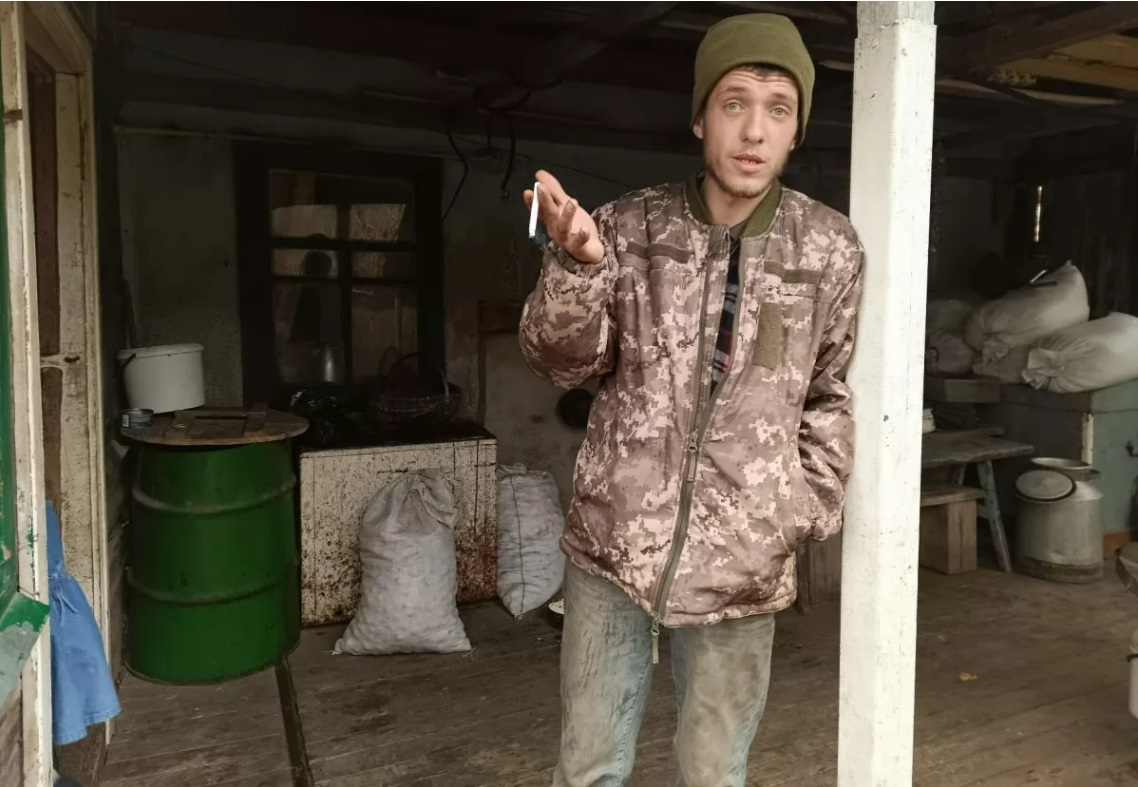
A military SUV drove up. Bags were pulled over our heads. The man got out of the car, chattered not in russian, but in Ukrainian: “Pack them up.” We, with sacks on our heads and tied, were thrown onto the armored personnel carrier like sacks of potatoes. They sat on top and put out their cigarettes on us on the way. My jacket is all covered in burnt holes; he shows the shirt he was wearing in captivity.
Mykola says that their hands were then tightened with ties – plastic strips that are used to tighten bags. You can’t untie it; you can only make it more difficult. The boy was left with scars from those ties. Shows us a wrist with fresh scars.
“Military men say: those who have not served will not understand. And I say: those who have not been in captivity, have not experienced that hell, will not understand it. It is worse than being at the front, as there [at the front] you are free. Captivity is the worst thing that can happen in war,” Mykola lights a cigarette.
The next day, all the men were taken to Novyi Bykov and were kept in the boiler house room.
They beat the boys and wanted to get information about the Ukrainian soldiers.
The russians have brought us out of the premise several times, beat us, and intimidated us. They enjoyed torturing us. One day, they brought me out and said to watch how they killed a guy, probably the one they had brought from the Kyiv Region. I remember he had red hair.
Mykola says that the next day, he was ready to say goodbye to his life.
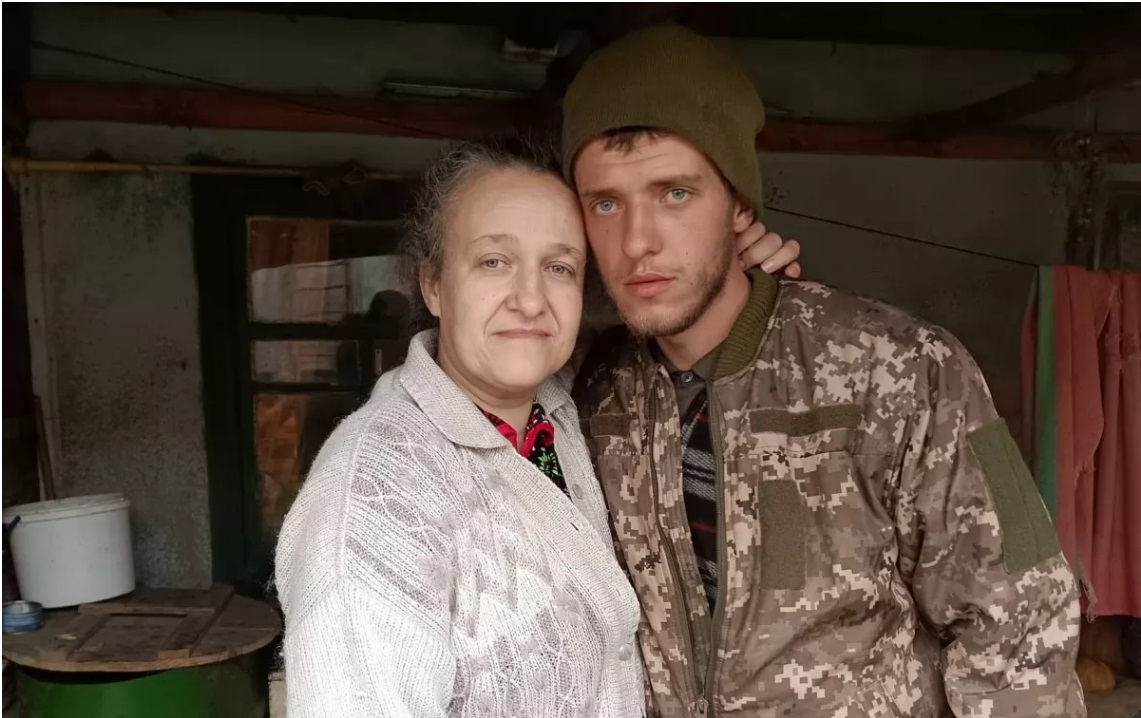
They remove the bags and reload the assault rifle: “Well, who’s first?” It didn’t matter to me: death is death. After I was beaten in the ribs with a hammer and with boots…
The guy with the callsign Dukh kicked our feet and put all three of us on our knees. He threw me off my feet into the pit with the dead. I got out. And then he pulled the shutter and suddenly said: “If it wasn’t for your brother, I would have left you there with your friends. Your brother’s eyes are like my son’s.” He was wearing a balaclava, but I remembered his eyes well – they were dark blue ones. He says: “Run!” And we ran with our hands tied… We clung to the branches, fell, helped each other up, and ran again. And behind us, we heard whistling and explosions. The AFU have already entered the village. And the russians fled…
Now, the family is slowly recovering after the captivity. Ivan often has a headache. He never went to work. He helps his mother with the household, and his grandfather rebuild the house. Mykola attended psychiatrist sessions.
This material was prepared by the editorial office of the Visnyk Ch newspaper (Chernihiv) on the initiative of the National Union of Journalists of Ukraine (NUJU) within the framework of the Voices of Ukraine project and with the support of the European Center for Press and Media Freedom (ECPMF) and the German Foreign Ministry.
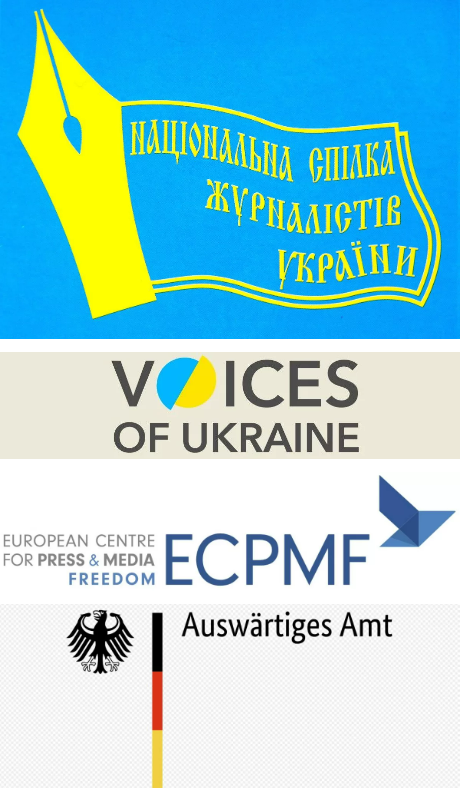

 THE NATIONAL UNION OF
JOURNALISTS OF UKRAINE
THE NATIONAL UNION OF
JOURNALISTS OF UKRAINE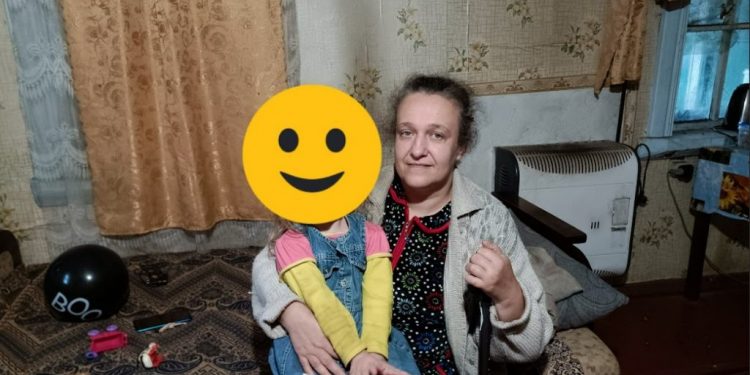
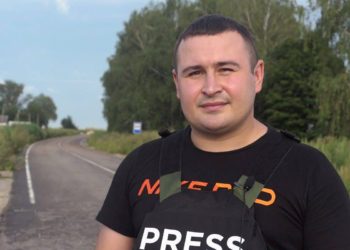
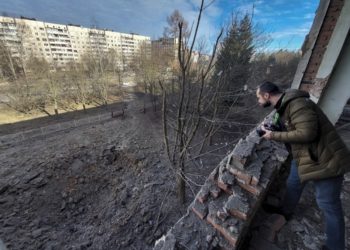
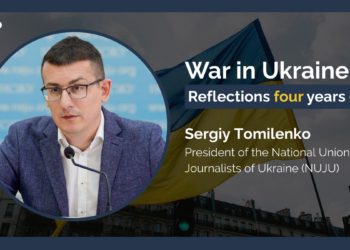













Discussion about this post